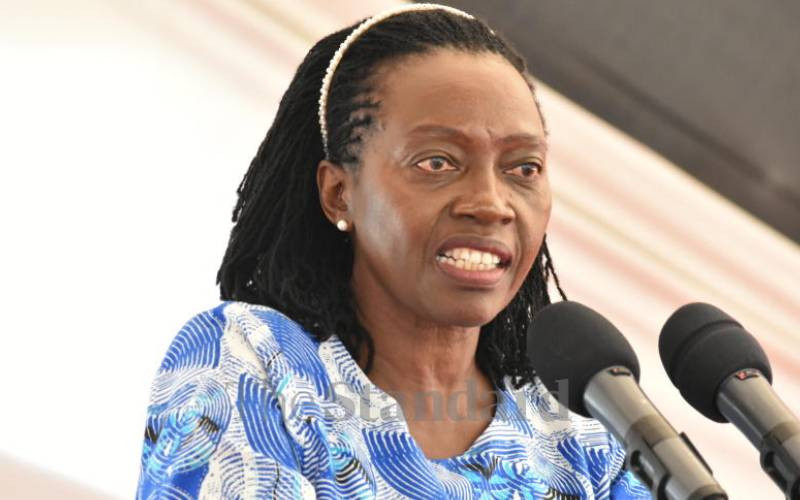×
The Standard e-Paper
Smart Minds Choose Us

Women leaders from the Mt Kenya region, both in government and in the opposition, assert that they have transcended the struggle and emerged as conquerors in the once male-dominated field of politics.
The region, which is home to three female governors - Ann Waiguru (Kirinyaga), Cecile Mbarire (Embu), and Kawira Mwangaza - has witnessed the political prowess of its women, who now hold significant influence in the national political arena.